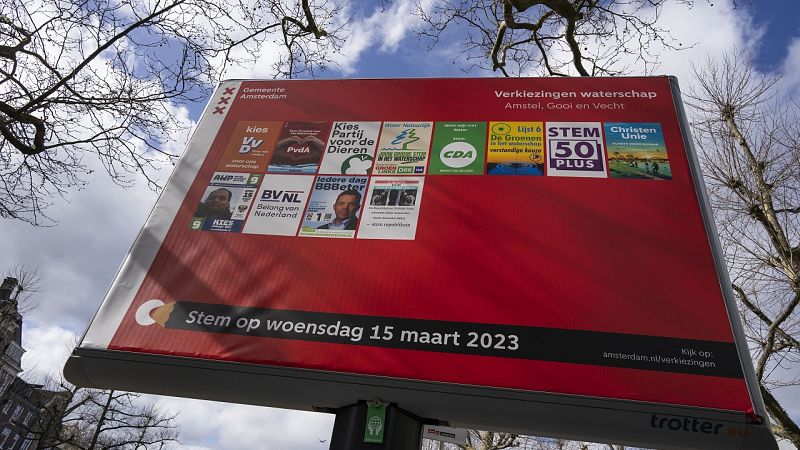
The Dutch government is exploring new legal powers to combat fake news "in view of the geopolitical developments and the real threat to national security", outgoing Home Affairs Minister Judith Uitermark said in response to parliamentary questions.
“I want to gain earlier and better insight into the spread of (foreign) disinformation aimed at undermining the election process and undermining social stability around the elections. For this purpose, new powers or legal bases will be created where necessary,” Uitermark said, adding that the process will not be ready in time for the upcoming Dutch parliamentary elections of 29 October.
For the upcoming election, the government will explore what can be done within the current legal framework - which includes for example the Digital Services Act (DSA).
In addition, the minister will assess lessons learned from organising the NATO summit.
The government will report back to the parliament this Autumn and expand on the process.
The Netherlands is going to the polls in October after the coalition government collapsed in June after disagreements about migration policy.
Less likely to be influenced
Uitermark stressed that the country is less likely to be influenced by fake news campaigns due to the country’s multi-party voting system, which is not a “winner takes it all” situation, as in presidential elections.
Despite this, the minister said the country needs to “remain alert to potential vulnerabilities in our process, in our own context”, adding that roundtables with security partners and local authorities will be organised.
Last November, the first round of the Romanian election was invalidated because of intelligence reports which allegedly showed Russian involvement in voter influence through social media to support the then-relatively unknown nationalist candidate Călin Georgescu.
Because of Georgescu’s popularity on TikTok, the Commission in December began a probe into the role of the platform during the campaign to check whether it breached the DSA in relation to risk assessment and election integrity.
The investigation is still pending.
The European Commission is currently also working on a non-legislative proposal, European Democracy Shield, which will include topics like election integrity and countering foreign disinformation.







